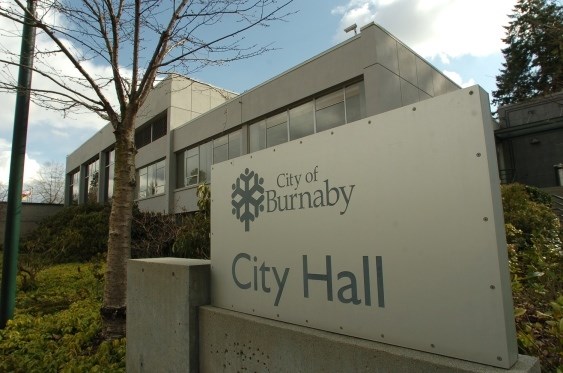The City of Burnaby finished 2016 with a $188-million surplus, according to the annual municipal report.
That’s $69 million more than staff projected in their 2016 budget.
The big chunk of extra change is due to an operating surplus of $15.5 million and another $53.6 million in density bonus money.
“We received more revenue than anticipated, mostly building permits,” said Noreen Kassam, the city’s finance director.
In 2016, the city handed out $819 million worth of building permits. The year before it was $879 million, the highest in Burnaby’s history.
Other contributing factors to the operating surplus were utility, food services and engineering fee revenues and staff vacancies that couldn’t be filled.
Last week, council approved a 2.95 per cent property tax increase for 2017. It covers the cost of collective agreement, contract and inflation increase, and equals $48.39 on the average residential property valued at $1,064,132.
Kassam noted that’s in the mid to low range when compared to out Metro Vancouver municipalities. The initial rate was near the five per cent mark after all departmental requests were reviewed, she said.
As for using some of the surplus to lower the tax rate, Kassam said most of the money is already accounted for.
“It’s not a surplus we can just utilize. They’re restricted funds for particular purposes,” she said, pointing to the bonus density money, where 20 per cent goes to affordable and/or special needs housing and 80 per cent goes to community amenities such as rec centres and childcare facilities.
Kassam added of the $15.5-million operating surplus, $7.2 million went back into the utilities reserve (sewer and water), while the remaining $8.3 million went back into general operations, including injecting $3 million into the snow removal reserve.
“We need to put money back into the snow removal reserve because we depleted it,” Kassam said of the harsh winter that swept the Lower Mainland.
The city’s accumulated surplus now sits at $3.8 billion; it was $3.6 billion in 2015.
Burnaby’s investment portfolio averaged $930 million last year and will provide investment income of more than $43 million to city revenues, a return of 3.6 per cent, according to the report. For 2017, investment income is expected to be around $40 million.



